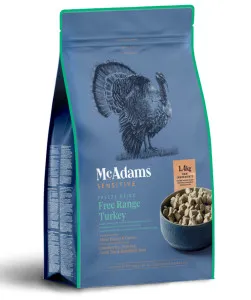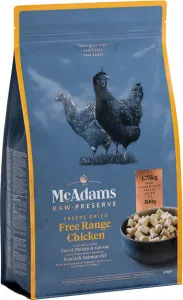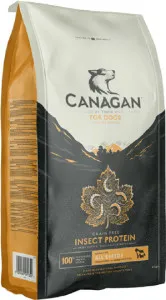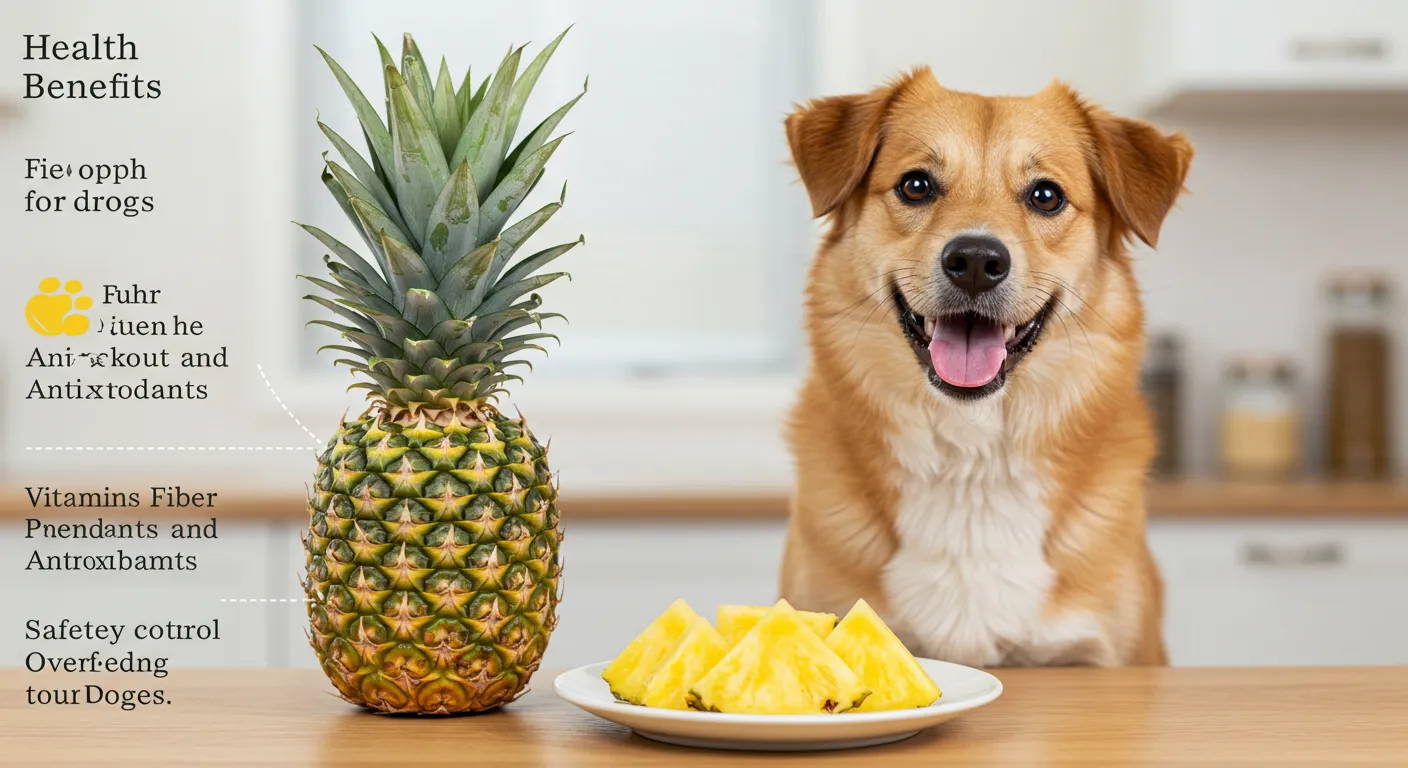Can Dogs Eat Pineapple? 2025 Health Benefits and Risks
As a pet owner, you’re probably always on the lookout for healthy treats to share with your furry friend. Pineapple is a delicious tropical fruit packed with vitamins, but is it safe for dogs? The short answer is yes —dogs can eat pineapple in moderation. However, there are some important things to consider before feeding it to your pup. Let’s dive into the health benefits, risks, and best practices for serving pineapple to dogs in 2025.
Is Pineapple Safe for Dogs?
Pineapple is non-toxic to dogs and can be a nutritious snack when given properly. The fruit contains essential vitamins, minerals, and enzymes that may support your dog’s digestion and immune system. However, moderation is key—too much pineapple can lead to digestive upset due to its high sugar and fiber content.
Health Benefits of Pineapple for Dogs
When fed in small amounts, pineapple offers several health benefits for dogs:
- Rich in Vitamin C – Boosts immune health and acts as an antioxidant.
- Contains Bromelain – A digestive enzyme that may help with protein absorption.
- High in Fiber – Supports healthy digestion and bowel movements.
- Low in Fat – A great alternative to fatty commercial treats.
- Hydrating – Pineapple has high water content, helping keep dogs hydrated.
- High Sugar Content – Too much sugar can lead to obesity or diabetes in dogs.
- Digestive Upset – Overfeeding may cause diarrhea or stomach discomfort.
- Choking Hazard – The tough core and skin should always be removed.
- Allergic Reactions – Some dogs may be sensitive to pineapple.
- Remove the Skin and Core – These parts are tough and hard to digest.
- Serve in Small Cubes – Bite-sized pieces prevent choking.
- Start with Small Portions – Introduce pineapple slowly to monitor for reactions.
- Opt for Fresh Pineapple – Avoid canned varieties with added sugars or syrups.
- Limit Treats to 10% of Diet – Pineapple should be an occasional snack, not a meal replacement.
- Vomiting or diarrhea
- Excessive drooling
- Lethargy
- Skin irritation
If you're looking for more healthy food options for your pet, check out our Pet Food Analyzer for expert recommendations.
Potential Risks of Feeding Pineapple to Dogs
While pineapple is generally safe, there are a few risks to be aware of:
How to Safely Feed Pineapple to Your Dog
To minimize risks, follow these best practices:
Recommended Products

McAdams Freeze Dried Free Range Turkey is an excellent choice for can dogs eat pineapple? 2025 health benefits and risks. This dog food contains Boneless Free Range Turkey 86.5% and other high-quality ingredients that promote overall health.

McAdams Freeze Dried Free Range Chicken is an excellent choice for can dogs eat pineapple? 2025 health benefits and risks. This dog food contains Boneless Free Range Chicken 86% and other high-quality ingredients that promote overall health.

Canagan Insect is an excellent choice for can dogs eat pineapple? 2025 health benefits and risks. This dog food contains Freshly Prepared Insects (27%)* and other high-quality ingredients that promote overall health.
Can Puppies Eat Pineapple?
Puppies can have pineapple, but in even smaller amounts. Their digestive systems are more sensitive, so start with a tiny piece and watch for any adverse reactions. Always consult your vet before introducing new foods to a puppy’s diet.
What About Canned or Dried Pineapple?
Fresh pineapple is always the best choice for dogs. Canned pineapple often contains added sugars or preservatives, which are unhealthy. Dried pineapple is high in sugar and can stick to teeth, increasing the risk of dental issues. Stick to fresh, natural pineapple for your pup.
Signs Your Dog Should Avoid Pineapple
While most dogs tolerate pineapple well, some may experience:
If your dog shows any of these symptoms, stop feeding pineapple and consult your vet.
Final Thoughts: Should Dogs Eat Pineapple?
Yes, dogs can enjoy pineapple as an occasional treat—just make sure it’s fresh, properly prepared, and given in moderation. The vitamins and enzymes in pineapple can be beneficial, but too much can cause digestive issues. Always monitor your dog after introducing any new food.
For more expert advice on pet nutrition, visit our Pet Food Analyzer to find the best diet options for your furry companion.
